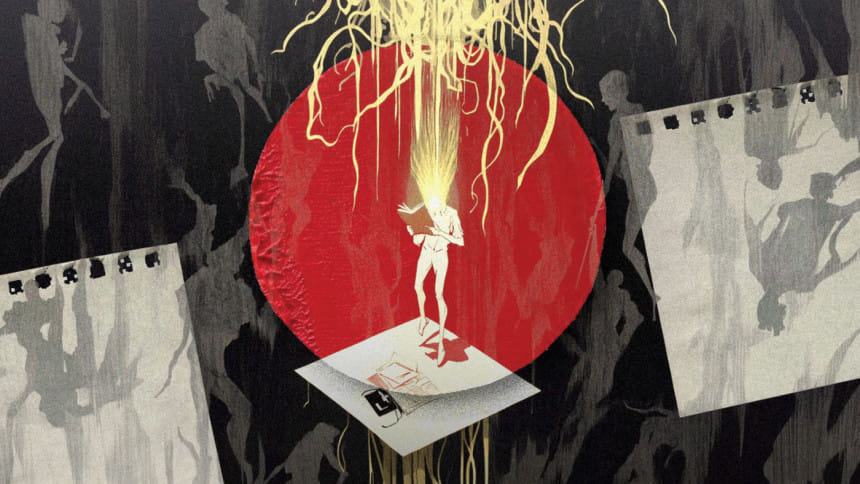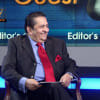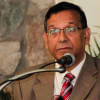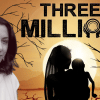Living in fear

"We're survivors. We control the fear. And without fear, we are all as good as dead. Do you understand?" These words by Forrest Bondurant, portrayed by Tom Hardy in the movie Lawless, resonated with me deeply. The character's philosophy about survival and fear seemed distant and theatrical when I first watched the film. But recently, I lived through my own experience of being "controlled by fear," and the source of that fear was none other than those entrusted to protect us: our law enforcement agencies.
It began in May last year, when I learnt that members of a law enforcement agency in Bangladesh were investigating my background and my family's political affiliations. To gather this information, they resorted to harassing my mother over the phone.
My crime? I am a journalist working for an international news organisation, Deutsche Welle.
Despite finding nothing suspicious about my family or me, their attempts to intimidate me continued. They even tracked down my former residence, where I hadn't lived in a decade, and contacted the property owner, who now resides in Australia. The intent was clear: to instil fear without directly confronting me.
When I reached out to them, they identified themselves as being from the cantonment and demanded detailed personal information. For a time, their strategy worked. Fear crept into my life, dictating my every move. I worried constantly about being followed, abducted or harassed. Worse, I feared for my family's safety, especially my mother's.
The irony is that I, a law-abiding, tax-paying citizen, had to seek protection from international colleagues and organisations to feel safe in my own country. I had committed no crime, yet I felt like a criminal. The experience made me question whether my dream of working for an international media outlet like Deutsche Welle was worth the emotional toll.
My father, an honest banker who led a simple life, instilled in me the values of integrity and hard work. I have always upheld these principles in my career as a journalist. But even this wasn't enough to shield me from the harassment. It became evident that the goal wasn't justice or security but control—an attempt to force allegiance through intimidation.
I was being coerced to support the authorities, regardless of my professional or ethical stance. The message was clear: dissent would have consequences.
The shame lies in being treated like a criminal in the country where I was born and raised—a country that prides itself on its democratic ideals. Why did I have to live in fear? Why was my mother subjected to mental trauma for something she didn't understand? Who will take responsibility for the stress and fear inflicted upon us?
These questions have haunted me for months, and I fear they will remain unanswered. However, I hold onto hope that as Bangladesh moves forward, this era of living in fear will end. I dream of a future where every citizen, regardless of their profession or affiliations, can live without intimidation—a future where democracy means freedom, not fear.
Nazia Adnin is digital distribution lead in Bangladesh for Deutsche Welle (DW), the German national public broadcaster.

 For all latest news, follow The Daily Star's Google News channel.
For all latest news, follow The Daily Star's Google News channel. 








Comments